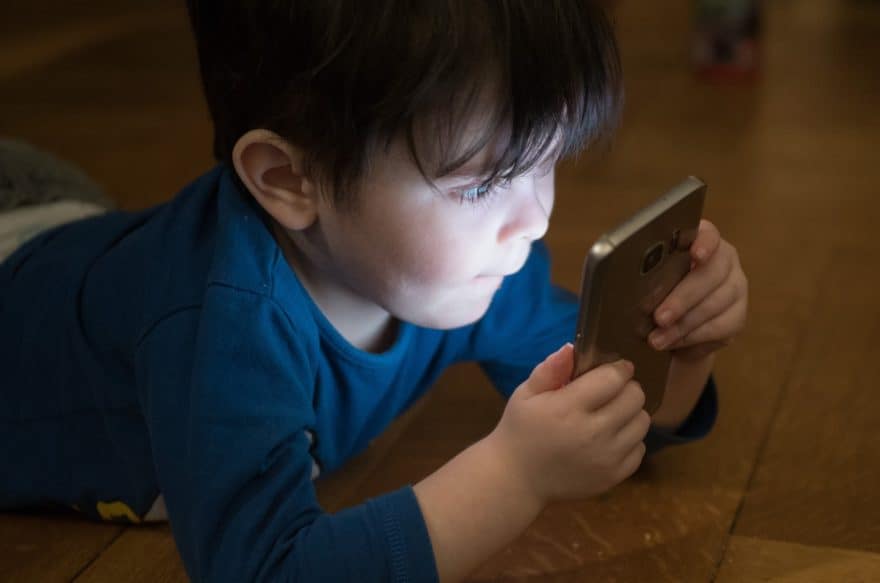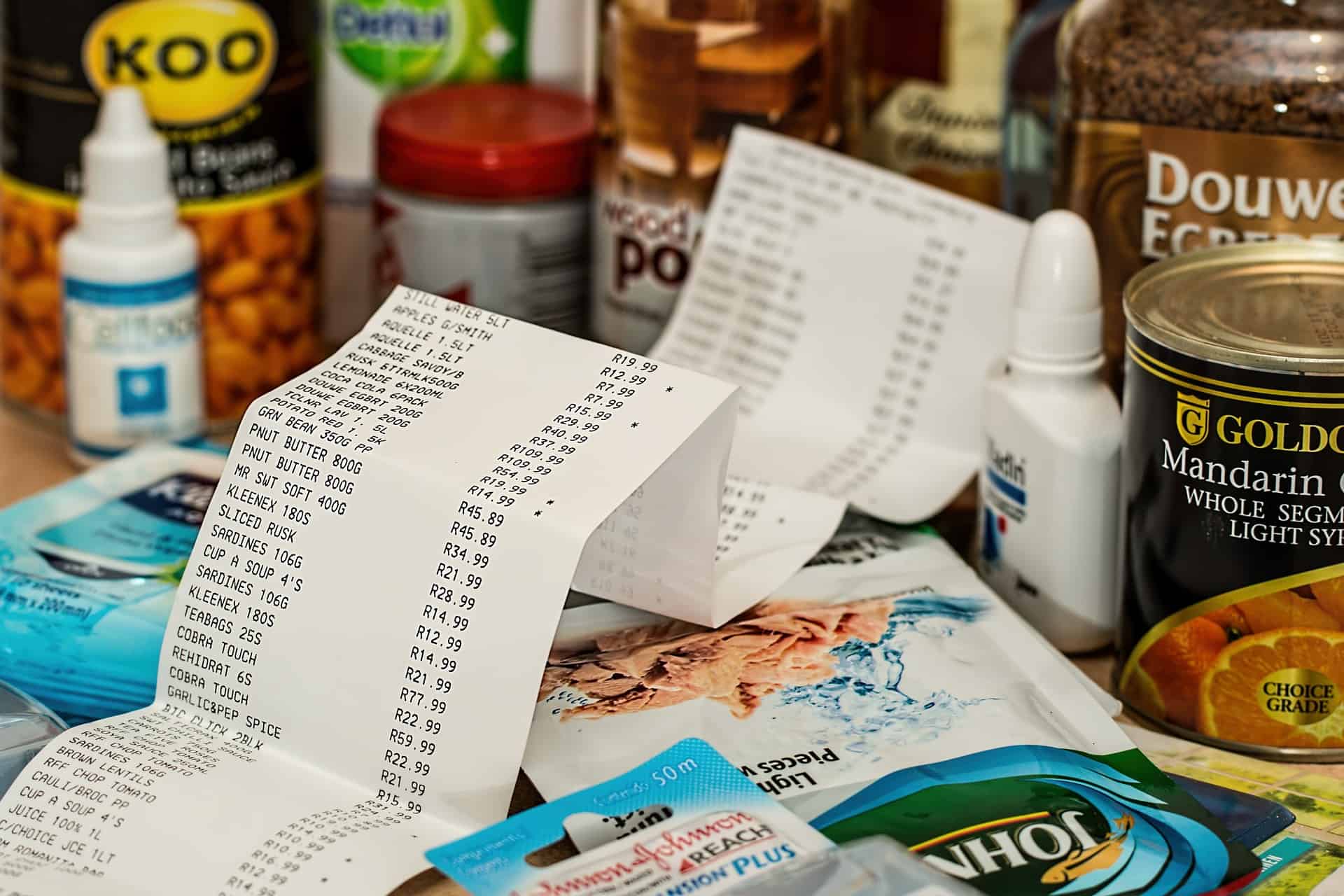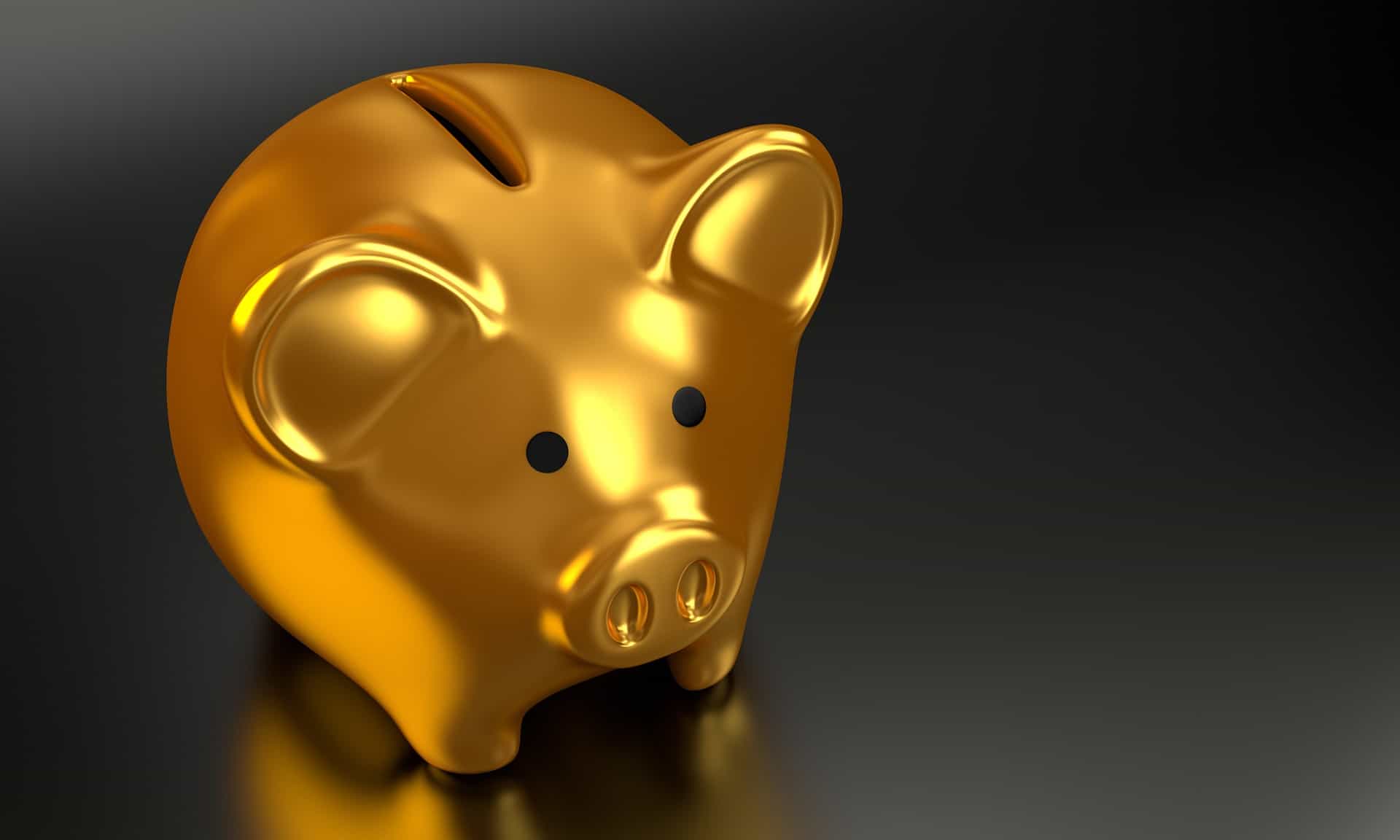A few months ago I started an experiment.
I decided to ban all screens (phone, laptop, computer, tablet etc.) from my home.
These were the rules:
- I wasn’t allowed to touch any screens or remote controls when I was at home
- I had to find something else to do or bore myself to death
Why?
As an online entrepreneur I have nobody who tells me when to start working or stop working. My laptop is my office and the Internet is my umbilical cord to everything: Money, information, education, networking and entertainment. When you know how to properly use the Internet, you can create an almost unlimited amount of awesomeness and really unleash your creativity.
Technology is great.
But at the same time the Internet has a dark side to it.
There’s an unspoken pull, an irresistible force that reels you in. The next piece of information and entertainment is just around the corner. And if you work hard and smart enough, you can make hundreds of thousands and even millions of dollars online.
It’s hard to say “no” to this world of possibilities when the next little dopamine hit is just a click away.
And for many people (me included) it’s a daunting idea to give up all of this.
I recommend you read “Irresistible” by Adam Alter, which will open your eyes to behavioural addiction. Some people go to rehab because of Internet addiction. Most of us are not such severe cases, but if you’re constantly checking your phone, refreshing your stats, monitoring sales and have a hundred browser tabs open, you’re likely hooked on the Internet, computer or phone.
How Behavioural Addiction Works
Addiction is linked to the neurotransmitter dopamine.
Dopamine is the neurotransmitter that’s linked to motivation and “hunting”.
Many people think that dopamine is linked to pleasure, but that’s not entirely accurate. Dopamine is more linked to seeking rewards. When you browse the internet, or check your phone every few minutes, your dopamine system is activated.
Every click, ever new video, every piece of information and entertainment provides a little dopamine hit.
And you keep seeking more novelty.
Hundreds of thousands of years ago, when you spotted honey, your dopamine system got activated. You would “hunt down” the honey because it’s a major source of energy. Your body knew that, so in order to get you motivated, you would get a hit of dopamine: The reward is in sight, you get that tingly feeling and you go chase that thing that you want.
Our brains are still wired in this “primitive way”.
Just “One Click” Away: The Brain’s Hijacked Reward System
So when you seek out and hunt information, entertainment and stimulation on the Internet, your reward system gets hijacked. Every click, every new video, ever piece of information delivers a little dopamine. But you’re never really satisfied, so you need to keep clicking on the next link, watch the next video or consume more information or entertainment. This is also what happens when people get addicted to online shopping, gambling, pornography. When this process gets out of hand, we speak of behavioural addiction. And a lot more people have a behavioural addiction today than one or two decades ago.
Why?
Because the Internet provides the perfect vehicle for behavioural addiction.
The Internet is boundless by nature.
Former Google CEO Eric Schmidt estimated that every two days, we create as much information as we did from the beginning of civilisation until 2003. You can spend all day watching YouTube videos and you’re not even scratching the surface.
More than 400 Million hours of content are uploaded to YouTube every single day.
We have more information, entertainment and news available than any time before; and it’s all just a click away. This is the type of stuff that’s made for behavioural addiction because no matter what you do, there is always more and you’re never satisfied. I estimate that at this point that almost every human being has some form of mild or moderate behavioural addiction.
The Devastating Effects On Productivity
In his book “The Shallows”, Nicholas Carr shows that the Internet is changing the way our brains work.
Every techonological shift has it’s impact on culture, society and the brain.
Neurons that fire together, wire together.
For example, when we used to work with typewriters a few decades ago, our brains were wired accordingly. The medium we use to interact with the world, process information, connect with others and express our ideas has an impact on our brain. When typewriters were first invented, our brains adjusted to the new medium. Reading a book wires your brain in a completely different way than reading a series of short blog posts. And the Internet is rewiring your brain, even as you’re reading this.
Many people find it hard to stay focussed or read a whole book.
Three or four decades ago this wasn’t a problem.
But the Internet is literally changing the way our brain works and the effects aren’t exactly desirable: Our attention spans get shorter, we need ever more stimulating content and we may develop troubles staying concentrated for long periods of time.
The Devastating Effects On Mental Health
When you’re stuck in an endless loop checking your emails every few minutes, scrolling through Facebook and Instagram posts while watching Netflix in the background and relentlessly refreshing your social media feeds, you don’t exactly enter a Zen-like state. If anything, you become agitated, stressed and depressed because you’ve lost control and deep down you know it.
Your life becomes a maze of social media feeds, websites, blogs and videos all connected by hyperlinks.
Some people literally stop breathing when checking their email or texting.
There’s even an “official” term for this: Email Apnea.
We don’t really know what toll this will take on our kids and eventually our grand children.
But it’s becoming clear that the Internet and all the devices that are hooked up to it are highly addictive. Most social media platforms and apps are even intentionally designed to keep you hooked and coming back for more dopamine hits.
In this video, former Facebook executive Chamath Palihapitiya warns of the dangers of social media.
Screens Aren’t Evil
But you either control them or they control you.
And if you’re not controlling them I guarantee you, sooner or later, they’ll be controlling you.
Screens connected to the Internet are a great invention: They allow you to connect with others, network, educate yourself and have some fun. Seriously, the Internet is one of the greatest inventions and the opportunities for greatness are endless.
The Internet, when used correctly, can transform your life.
But you have to take it on a leash.
If you don’t control it, you will get sucked in by its limitless nature and it will swallow you like a black hole.
The trick is to maximise your use of screens and the Internet in a way that benefits you while minimizing their harming effects. This is easier said than done. And if you find it hard to quit screens and reduce your Internet usage, maybe it’s time to go on a little detox. Everyone has to find out for themselves how they can balance the opportunities and pitfalls of technology.
The “No Screen” Challenge
I opened this article with an experiment.
For 3 months I completely banned the use of any screens or Internet at home.
Recently, due to increased workload in my business, I went back to using screens at home. My mental clarity, stress level and mood almost immediately worsened. I was agitated, spent less time with my wife and worked way too much. I’ve done the A/B test and the results are in: Banning screens and the Internet at home is the best decision I have ever made in my life.
It’s crazy to see how rapidly my life “went to waste” the moment I reintroduced screens at home.
So I’m determined to going back to a screen free home.
The benefits are insane: You can expect your productivity to skyrocket, your stress levels will drop and your mood will improve immensely. You’ll fee like you’re actually “living” rather than chasing unsatisfying and never-ending stimulation.
It’s a big deal.
I invite you to participate in the challenge.
Here are the rules:
- Only use your mobile phone, laptop, computer, tablet or any other screen that’s connected to the Internet when you’re outside of the house
- If you work from home this means you now work at a co-working space or coffee shop
- Before you come home, you turn off all your gadgets and put them in a bag and once you’re home place that bag in a room and close the door
- Get yourself an analogue alarm clock (I use a Fossil Q Hybrid Watch)
- You don’t have to trash your TV
- I still watch Netflix with my wife, but only when she’s around and she controls the remote
- Get yourself some books or a freaking hobby dude
That’s about it.
Does this sound daunting?
That only shows how addicted we’ve all become.
A few decades ago there were no computers and the Internet wasn’t invented yet. Maybe it’s time to relearn how to have a good time without these things, at least when you’re at home.
Let me know in the comments:
Do you find it hard to disconnect from the Internet?
How often do you check your phone?
What are your thoughts on this whole topic? Drop me a comment and let me know.




